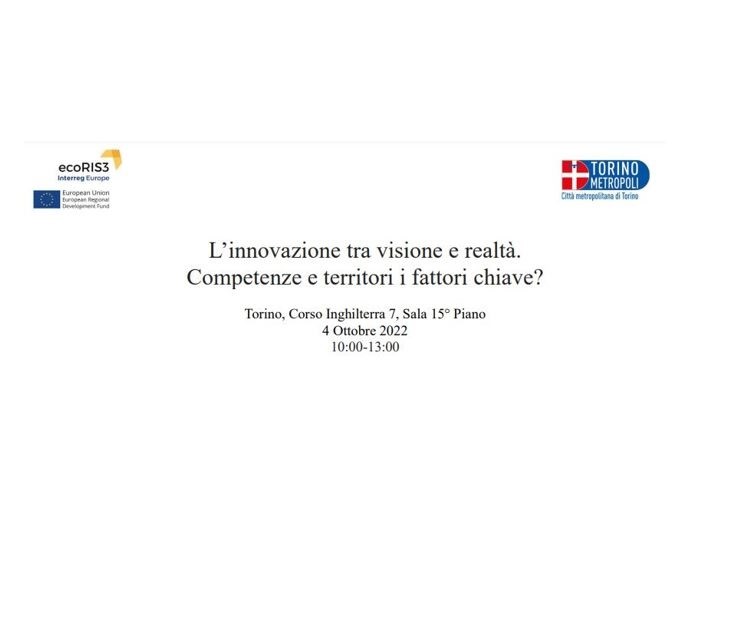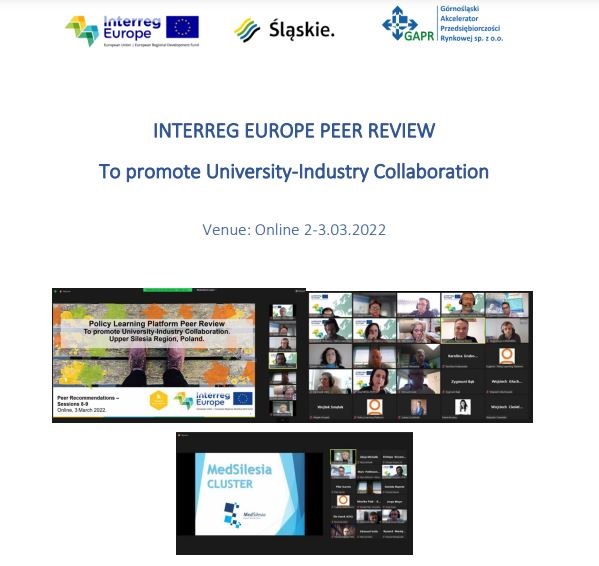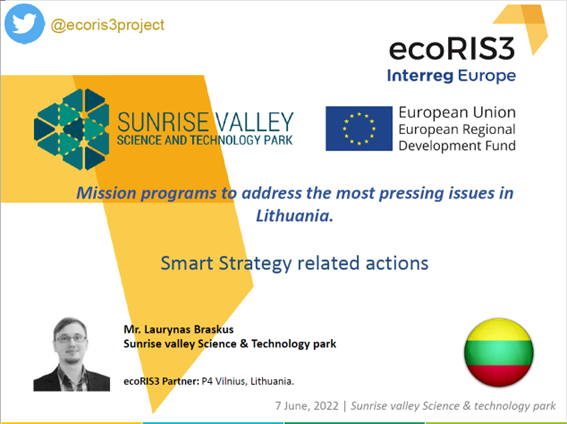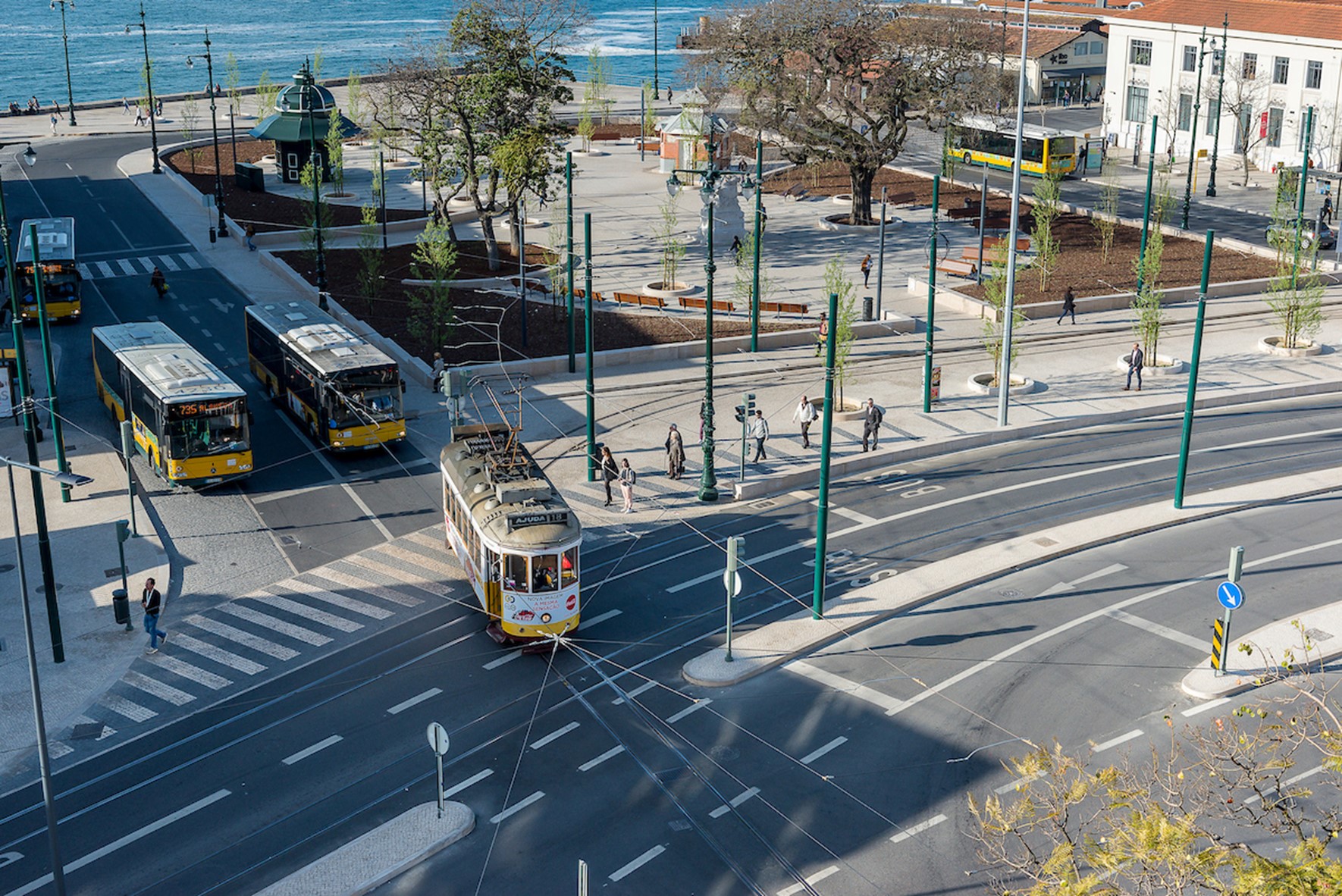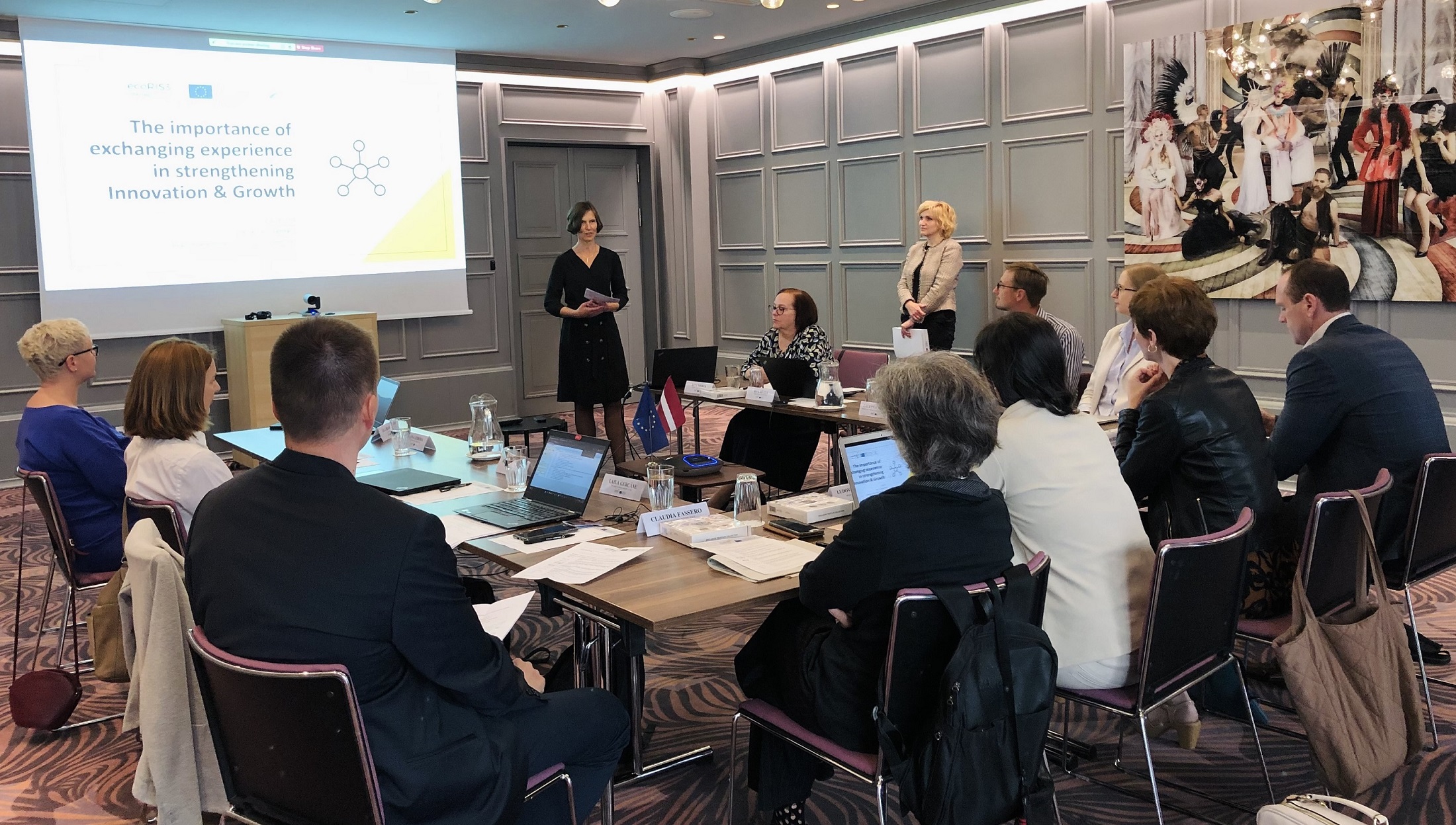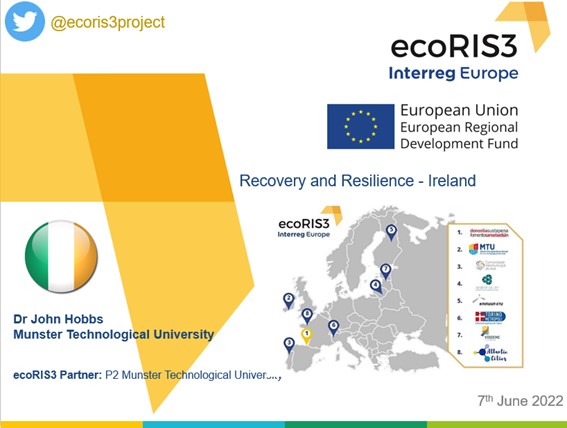The main problem addressed here was the lack of qualified human resources to fulfill the specific needs of the companies of the region. There was no cooperation between the educational and training organisations, so each one of them had the educational and training offer accordingly to its own internal resources and the particular knowledge of the near territory. The communication and dialogue with the companies was also very scarce and fragile.
The traditional industrial issue of the region wasn’t very acute for the importance of the formal qualification. They valued above all learning in the workplace. The transformation of the social and economic context, especially the globalization movement and the need of quality and innovation of products, along with the strengthening of vocational education and the reinforcement of the qualification and the valorization of the schools and scholarship leanings created the opportunity to increase the educational and training offer.

It was realized that the educational and training offer should be adapted to the companies’ needs, so the educational and training organisations should know those needs and should cooperate to provide the necessary answer. The City Council of Vila Nova de Famalicão, as representative of public policies conception and implementation, as well as an active agent of local development represented here the facilitator of this dialogue between the companies and the education, training and research organizations.
So, the City Council in cooperation with these agents of education, training and research, with the participation of the employment and education services of national government, began in 2004 a cooperation process to discuss, organize and articulate the educational and training offer. This cooperation was afterwards formalised in April 2009 into a Network so called Education and Training Local Networking, composed of 32 Institutions public and private (non-profitable) from the educational, training and research system.
This Networking represented a very good practice on the provision of education and training appropriate to the companies’ needs, accordingly to a diagnosis on the territory about educational and training needs, contributing also to the employment of young qualified people.

Goals:
a) Promote lifelong learning;
b) Improving and enhancing the effectiveness of the education and training
c) To develop a joint and concerted action in education and in the academic and professional qualification;
d) Improve the supply and adequacy of education and training actions to the characteristics and needs of the population;
e) Adjust supply taking into account the needs and priorities of the economic and labor market sectors;
f) Adopt local practices and measures to combat failure, absenteeism, school drop-out;
g) Promote entrepreneurship by promoting the entrepreneurial capacity of the school and its actors;
h) To promote social cohesion and inclusion for the population with insertion difficulties;
i) Increase the level of qualification and employability of active adults;
j) Consolidate the training offers and optimize investments;
k) Participate in the production, design, updating and evaluation of indicators;
l) To articulate the involvement with the economic structure of the Municipality;
m) To provide the economic and social development of the municipality and the region.



